OT: selling a house to start renting
palimpsest
9 years ago
Related Stories

HOUZZ TOURSHouzz Tour: New Love and a Fresh Start in a Midcentury Ranch House
A Nashville couple, both interior designers, fall for a neglected 1960 home. Their renovation story has a happy ending
Full Story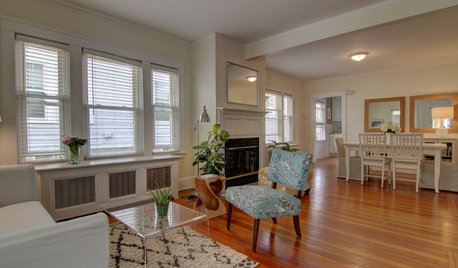
SELLING YOUR HOUSEA Moving Diary: Lessons From Selling My Home
After 79 days of home cleaning, staging and — at last — selling, a mom comes away with a top must-do for her next abode
Full Story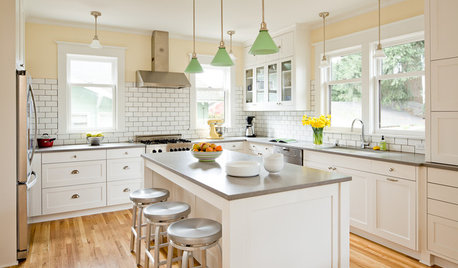
MOVINGThe All-in-One-Place Guide to Selling Your Home and Moving
Stay organized with this advice on what to do when you change homes
Full Story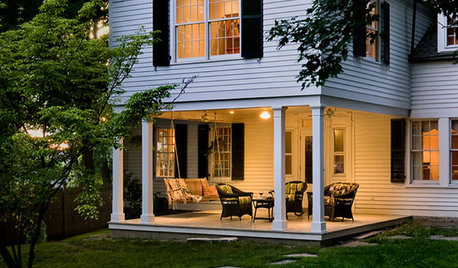
SELLING YOUR HOUSEThe Latest Info on Renovating Your Home to Sell
Pro advice about where to put your remodeling dollars for success in selling your home
Full Story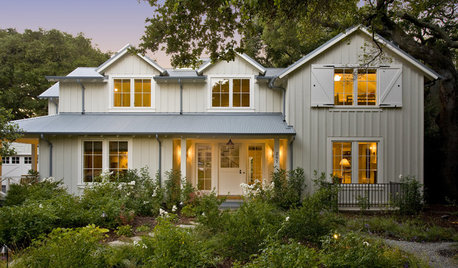
SELLING YOUR HOUSEYour Home-Selling Guide for a Faster and Better Sale
Learn staging and curb appeal tricks, how to get the best photos and more in this roundup focusing on high-impact house-selling strategies
Full Story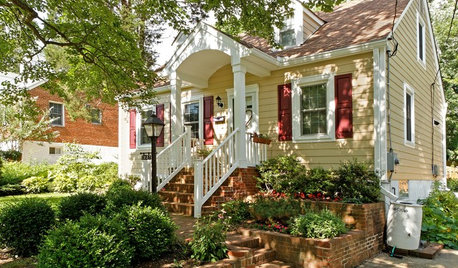
SELLING YOUR HOUSESell Your Home Fast: 21 Staging Tips
Successful staging is key to selling your home quickly and at the best price. From cleaning to styling, these tips can help
Full Story
SELLING YOUR HOUSEHome Staging to Sell: The Latest Techniques That Really Work
Get up to speed on the best ways to appeal to potential buyers through accessories, furniture, colors and more
Full Story
DECORATING GUIDESStage Your Home and Sell it Fast
11 ways to prep your house for more offers and a quicker sale
Full Story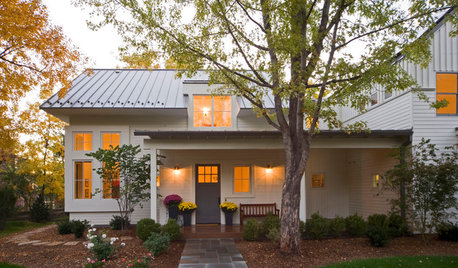
SELLING YOUR HOUSEHelp for Selling Your Home Faster — and Maybe for More
Prep your home properly before you put it on the market. Learn what tasks are worth the money and the best pros for the jobs
Full Story
SELLING YOUR HOUSESave Money on Home Staging and Still Sell Faster
Spend only where it matters on home staging to keep money in your pocket and buyers lined up
Full Story










mtnrdredux_gw
texanjana
Related Professionals
Glenbrook Interior Designers & Decorators · Hagerstown Interior Designers & Decorators · Washington Interior Designers & Decorators · Beaufort Furniture & Accessories · Lebanon Furniture & Accessories · Santa Barbara Furniture & Accessories · Wilmington Furniture & Accessories · Discovery Bay Furniture & Accessories · Fountainebleau Furniture & Accessories · Richmond Custom Artists · Baldwin Park Lighting · Shorewood Lighting · University Lighting · Aurora Window Treatments · Colorado Springs Window TreatmentspalimpsestOriginal Author
nosoccermom
Fun2BHere
Gooster
finallyhome
bbstx
mtnrdredux_gw
mtnrdredux_gw
maire_cate
palimpsestOriginal Author
raee_gw zone 5b-6a Ohio
palimpsestOriginal Author
bonnieann925
juliekcmo
palimpsestOriginal Author
edie_thiel
texanjana
lascatx
ILoveBelgianMalinois ToPieces
blfenton
eibren
tishtoshnm Zone 6/NM
palimpsestOriginal Author
Annie Deighnaugh
Bunny
palimpsestOriginal Author
tibbrix
edeevee
palimpsestOriginal Author
edeevee
awm03